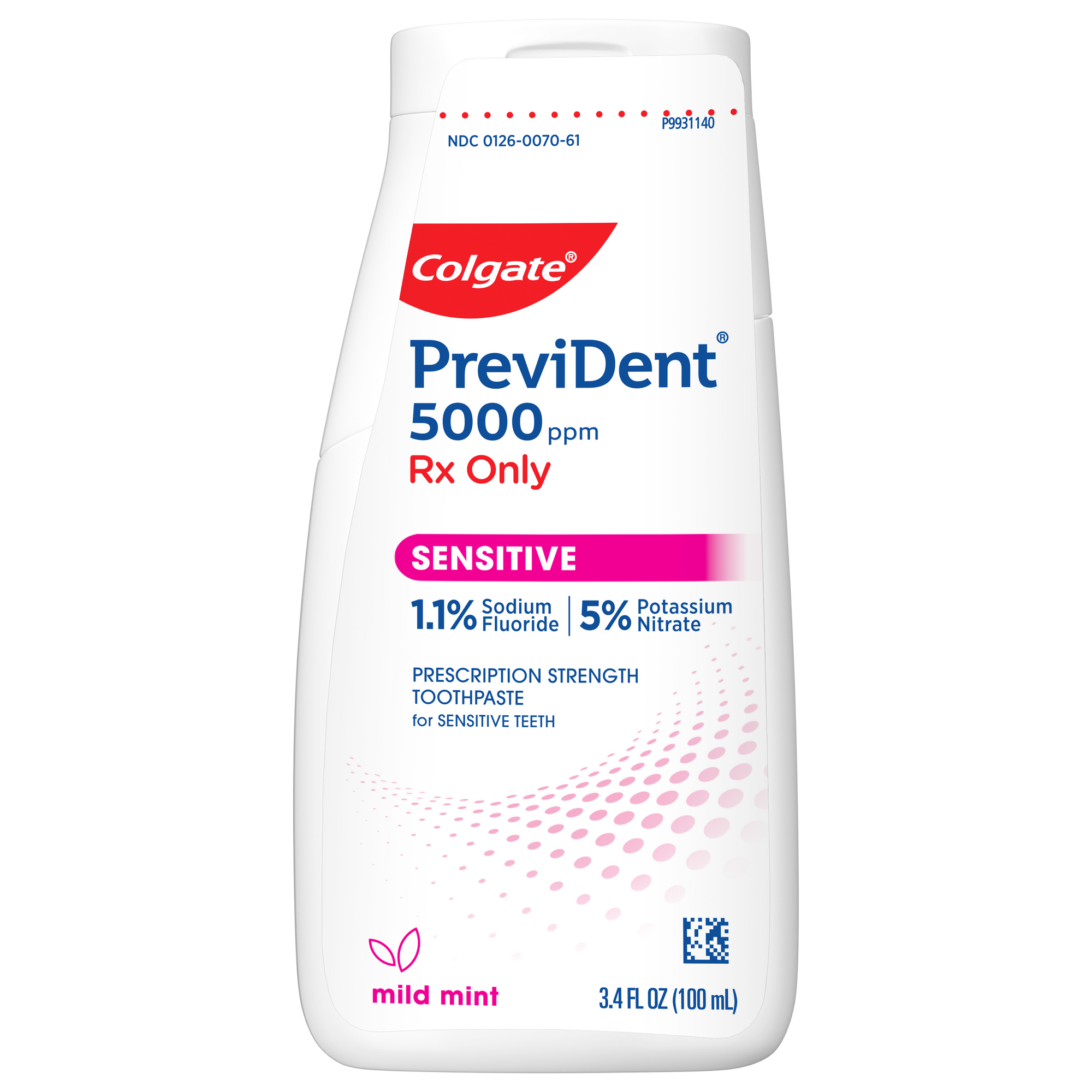Why Are Cold Sores Contagious?
Cold sores are caused by the herpes simplex virus (HSV-1). This common and highly contagious infection affects over 67 percent of the world's population under the age of 50, according to the World Health Organization (WHO). Though most infections are asymptomatic, they can cause painful blisters or ulcers at the infection site.
Though HSV-1 is mainly transmitted through oral-to-oral contact by sores, saliva, and surfaces around the mouth, the virus can be indirectly spread by sharing utensils, lip balm, clothing, and other surfaces that come in contact with the virus. You can also spread the virus by touching your cold sore and then touching broken skin, eyes, or the genital areas.
How Long Are Cold Sores Contagious?
Cold sores are contagious from the moment you feel that first tingling until the scar completely disappears, a process that usually takes about 15 days. The Mayo Clinic notes that cold sores are most contagious when oozing blisters are present, but you can still transmit the virus even if there is no active sore.
To be safe and protect those you love, refrain from kissing or sharing contaminated items until all signs of the cold sore are gone. Be especially careful around babies and people with weakened immune systems — such as those with HIV, cancer, or severe burns — because they are at higher risk for complications from the virus.
How to Stop Cold Sores From Spreading
By practicing good hygiene and avoiding close contact, you can prevent your cold sore from infecting those you love. Just follow these steps:
- Keep hands-off. The only time you should touch a cold sore is when you apply a cream, no matter what stage the blister is. If you do touch it — accidentally or on purpose — immediately wash your hands.
- Don't kiss. The cold sore should not contact anyone, so no kissing, not even on the cheek. Also, abstain from oral sex because you can pass the HSV-1 virus and infect your partner's genitals.
- Don't share personal items. Avoid sharing utensils, cups, food, lip balms, creams, or anything else that might have come in contact with your cold sore.
- Change your toothbrush. Because the virus can live on your toothbrush for days and cause your lips to become reinfected, replace your toothbrush after the sore heals.
- Treat quickly. Take steps to heal your cold sore fast. Prescription medications can shorten the healing time, reducing the time when the cold sore is the most contagious.
You know how annoying a cold sore can be, so do your best not to share it with anyone else. Take these sensible precautions with your cold sore and increase the chances of keeping the infection to yourself.
This article is intended to promote understanding of and knowledge about general oral health topics. It is not intended to be a substitute for professional advice, diagnosis or treatment. Always seek the advice of your dentist or other qualified healthcare provider with any questions you may have regarding a medical condition or treatment.
ORAL HEALTH QUIZ
What's behind your smile?
Take our Oral Health assessment to get the most from your oral care routine
ORAL HEALTH QUIZ
What's behind your smile?
Take our Oral Health assessment to get the most from your oral care routine















